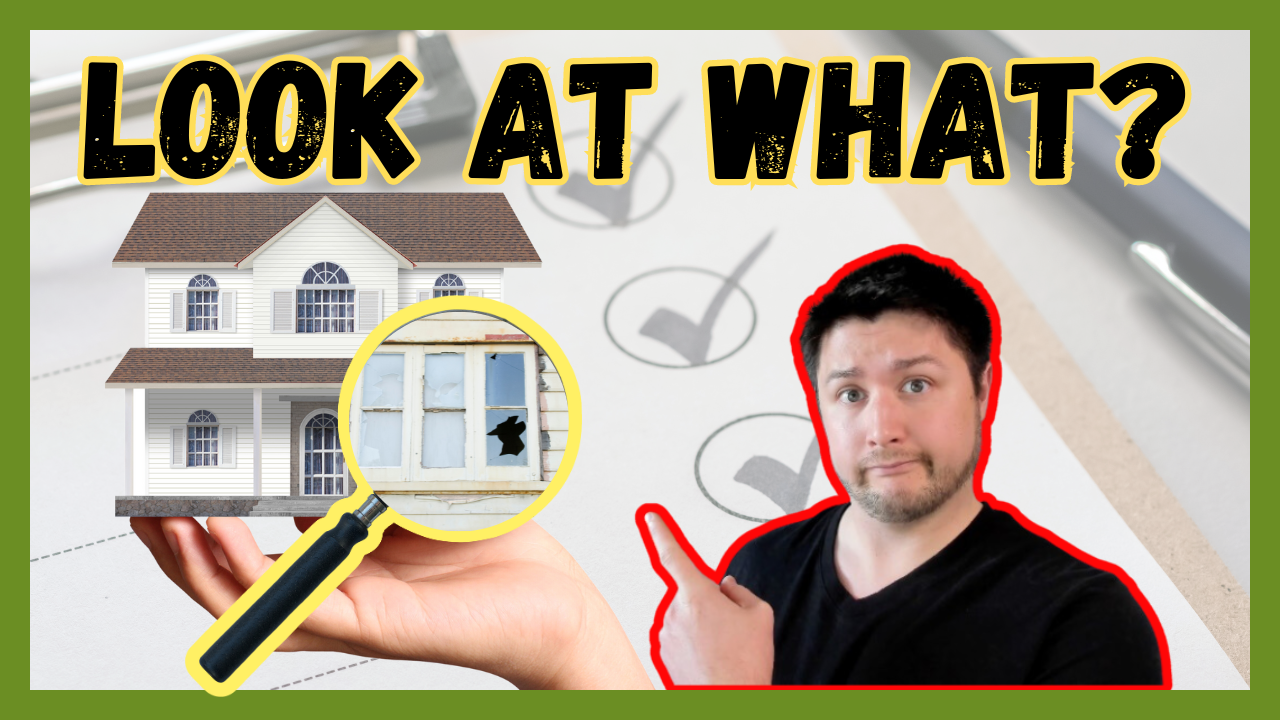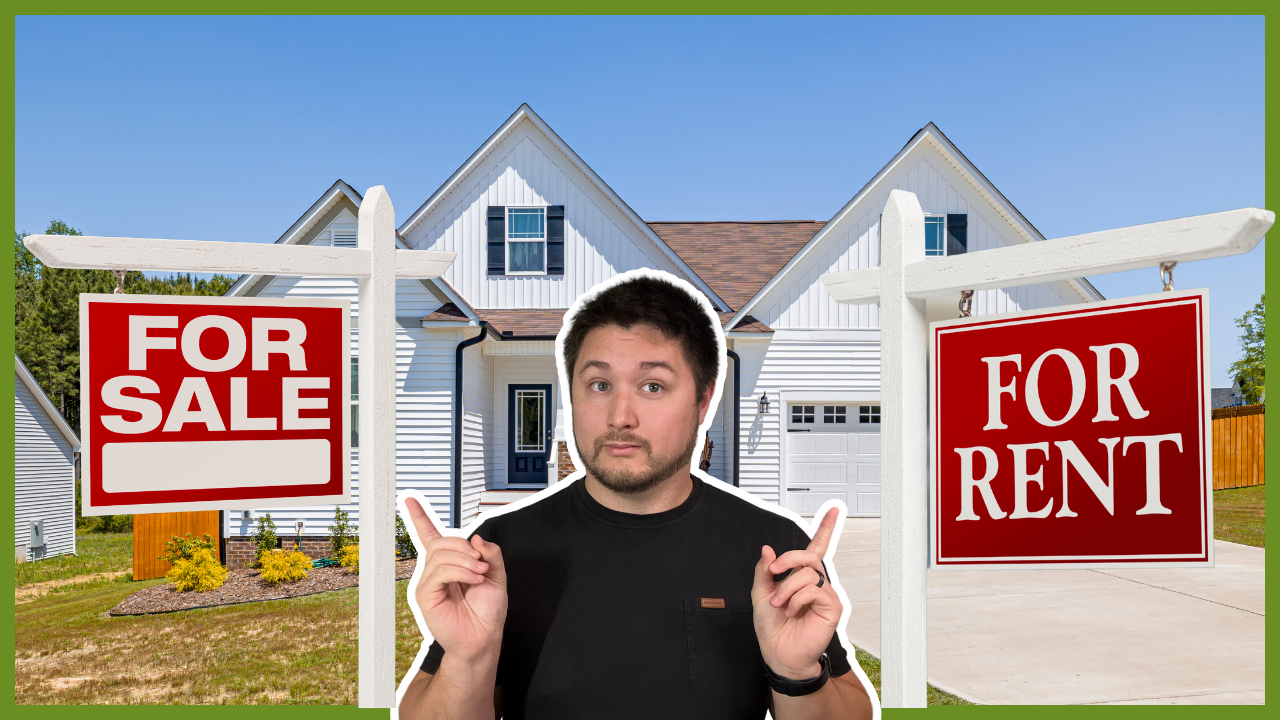Embarking on a house-hunting journey can be as daunting as it is exciting. With the Portland housing market’s unique dynamics, knowing what to look for in a home can save you from potential headaches and financial pitfalls. In this blog, we dive into the top five aspects you need to scrutinize to make an informed decision and secure a home that’s both a sanctuary and a wise investment. Watch the full video here for a detailed guide.
1. Inspect the Roof
The roof of a house does more than just top the structure; it protects everything underneath from water intrusion and other environmental elements. A well-maintained roof is crucial for the longevity of the home. Most roofs, such as those made from asphalt shingles, have a lifespan of 20 to 30 years, while metal roofs can last up to 100 years. Ensure the roof is in good condition to avoid costly repairs down the line.
2. Evaluate the HVAC System
Heating, Ventilation, and Air Conditioning (HVAC) systems are pivotal, especially in Portland where air conditioning isn’t standard due to historical building codes. Replacing an HVAC system can cost anywhere from $10,000 to $20,000. Before making an offer, verify the age and condition of the system to gauge any upcoming expenses.
3. Check the Water Heater
Who doesn’t love a hot shower at the end of the day? The water heater in your prospective home should be up to the task. Typically lasting 5 to 15 years, replacing a water heater can cost between $1,500 and $2,000. It’s important to check its current state and prepare for its replacement if it’s nearing the end of its lifecycle.
4. Assess Electrical Systems
Electrical systems are the lifeline of your home’s functionality. Older homes might have outdated systems like knob and tube wiring, which poses a fire hazard. Check the electrical panel brand; for instance, Federal Pacific panels are known to fail and could cost $4,000 to $8,000 to replace. Ensuring the electrical system is up to date will save you from potential dangers and expensive upgrades.
5. Plumbing and Pipes
From copper to PEX, the type of plumbing in a home can significantly impact its maintenance needs. Copper and PEX are preferred for their longevity and reliability. However, CPVC can become brittle, and galvanized pipes may corrode internally, leading to rusty water. Understanding what type of pipes are installed will help you anticipate maintenance or a complete replacement, which is crucial for long-term planning.
Bonus Tip: Structural Integrity
Lastly, don’t overlook the structure itself, including the foundation and walls. Signs of excessive sagging or diagonal cracks around doors and windows indicate undue stress. Horizontal cracks in the foundation are particularly serious, signaling potential structural failures.
Conclusion
House hunting is more than just finding a visually appealing space; it’s about ensuring the home you choose can stand the test of time without burdening you with unforeseen repairs. If these tips were helpful, consider subscribing to my instagram or youtube channel for more insights into navigating the real estate market effectively. For a deeper dive into what to watch out for when buying a home, check out our full video here.
If you are wanting a more in-depth chat, schedule a time to meet or contact me at hello@agentlivinginpdx.com
Your feedback is invaluable—drop us a comment below with your thoughts or additional tips you’d recommend. Happy house hunting!

